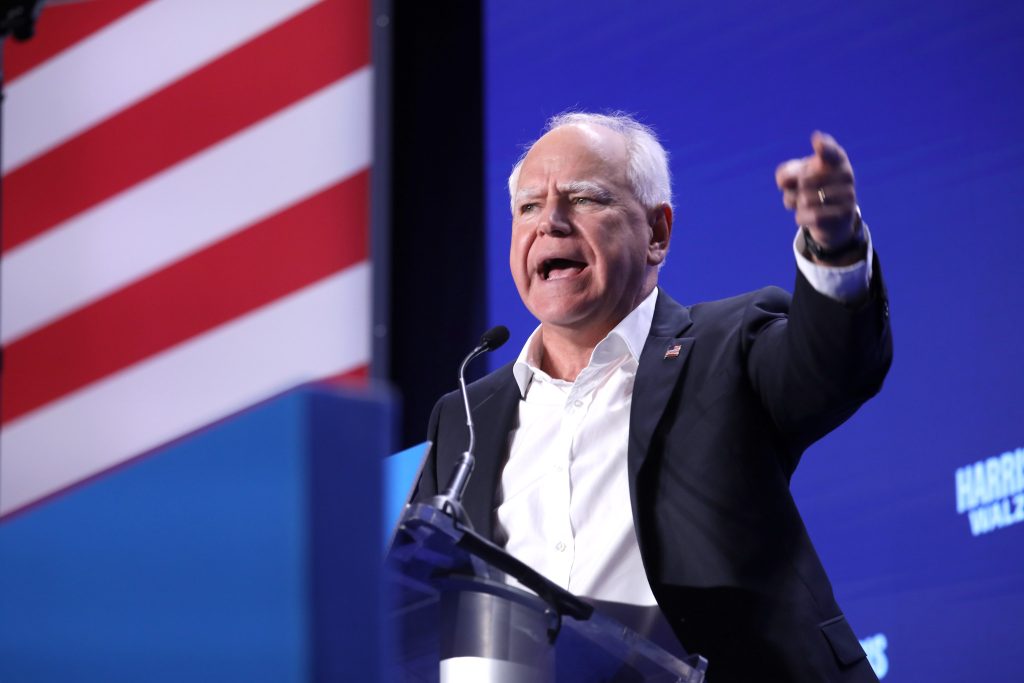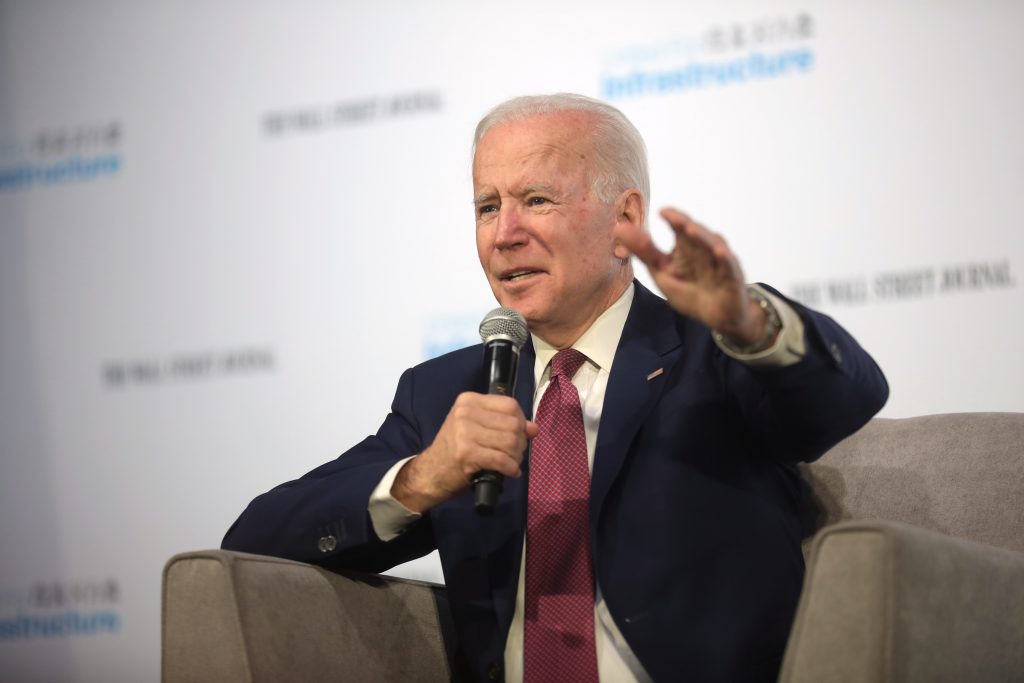Once the candidate has been declared the winner of a presidential election, so begins the transition of power. The Presidential Transition Act of 1963 sets out the “peaceful transition of power” and allows for the cooperation between outgoing and incoming administrations. Once a candidate’s nomination has been declared by their party, they can then receive…




